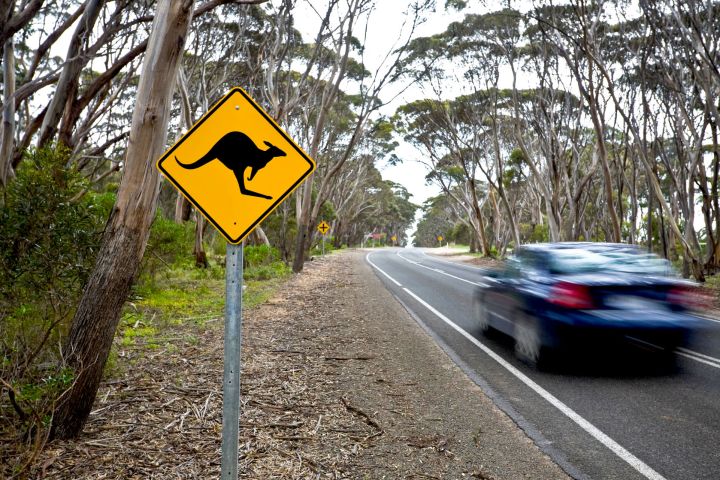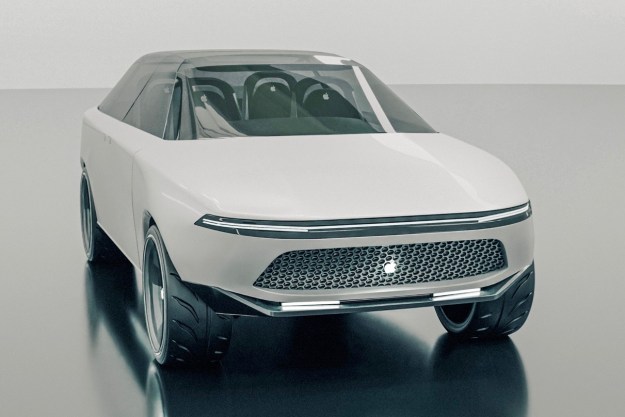
Ambitious companies as they are, no doubt these firms plan for their technology to one day go global, allowing drivers everywhere to hang up their car keys, sit back, and enjoy the ride. In that case, they’ll need to head Down Under at some point so they can work out how to get their cars to take evasive action when a kangaroo hops onto the road.
It’s a challenge that has so far bamboozled the Swedish automaker, whose engineers are apparently having some difficulties in getting their self-driving gear to recognize the unique creatures.
Hopping
It’s all that hopping, apparently, that confuses the sensors, and that isn’t much good for the car’s occupants. And it’s downright diabolical for any kangaroo that’s in the wrong place at the wrong time. But it’s a problem that needs solving, as every year the animal causes more road accidents in Australia than all other animals combined.
Volvo has been testing its self-driving technology on Australian roads for more than a year, but the kangaroo issue is turning into a major challenge.
“We’ve noticed with the kangaroo being in mid-flight … when it’s in the air it actually looks like it’s farther away, then it lands and it looks closer,” Volvo Australia’s David Pickett told ABC this week.
Even getting the sensors to identify the furry thing in the road as a kangaroo is proving tough, Pickett said, explaining that a kangaroo sitting, standing, and moving create distinctly different shapes.
When Volvo’s researchers arrived in Tidbinbilla Nature Reserve in Canberra 18 months ago to begin their work, it’s likely they never imagined kangaroos would prove such a tricky customer. After all, this is the company that’s already created an effective large-animal detection system to help prevent potentially messy car-moose entanglements on Swedish roads.
Pickett said the kangaroo conundrum would not slow down the introduction of self-driving cars on Aussie roads, but confirmed it’s an issue that very definitely needs dealing with.
Editors' Recommendations
- Cruise woes prompt production halt of fully driverless van
- Cruise autonomous vehicle drives over woman just after she was hit by another car
- Volkswagen is launching its own self-driving car testing program in the U.S.
- Big driverless buses are now serving passengers in Scotland
- Autonomous cars confused by San Francisco’s fog


